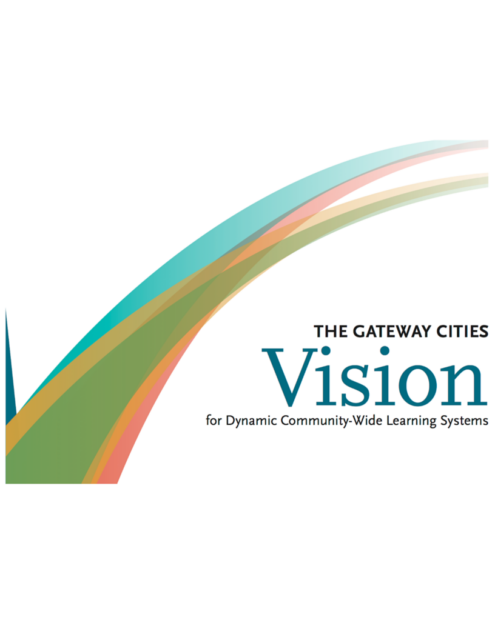All Updates
The latest releases, events, and articles from across MassINC.
Explore Topics
-
Gateway Cities and the Grossman Plan for CVTE
January 15, 2014
-
The Herald News – Report: Gateway City schools challenged
November 19, 2013
-
CDC director wins innovation award
November 17, 2013
-
The Gateway Cities Vision for Dynamic Community-Wide Learning Systems
November 13, 2013
-
Drug courts work, but do they save money?
October 3, 2013

